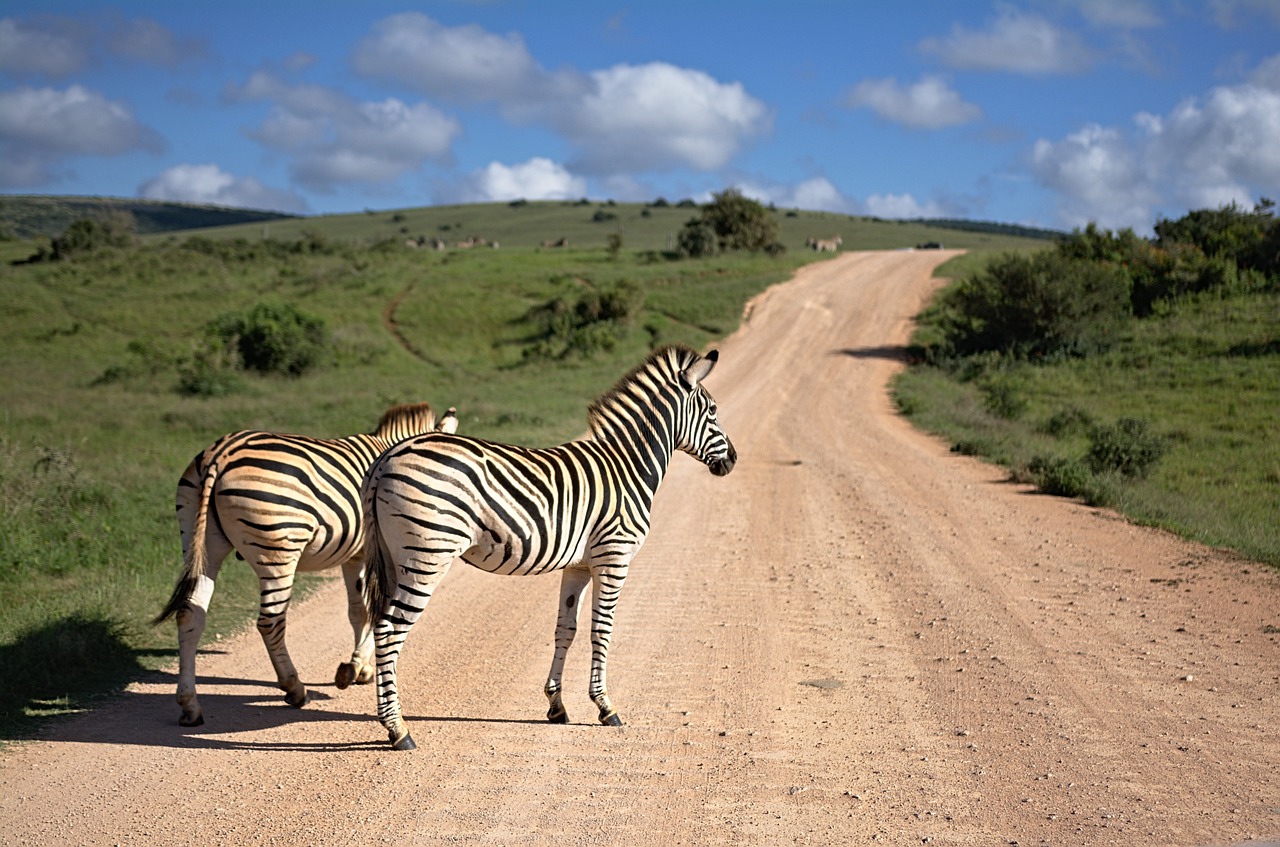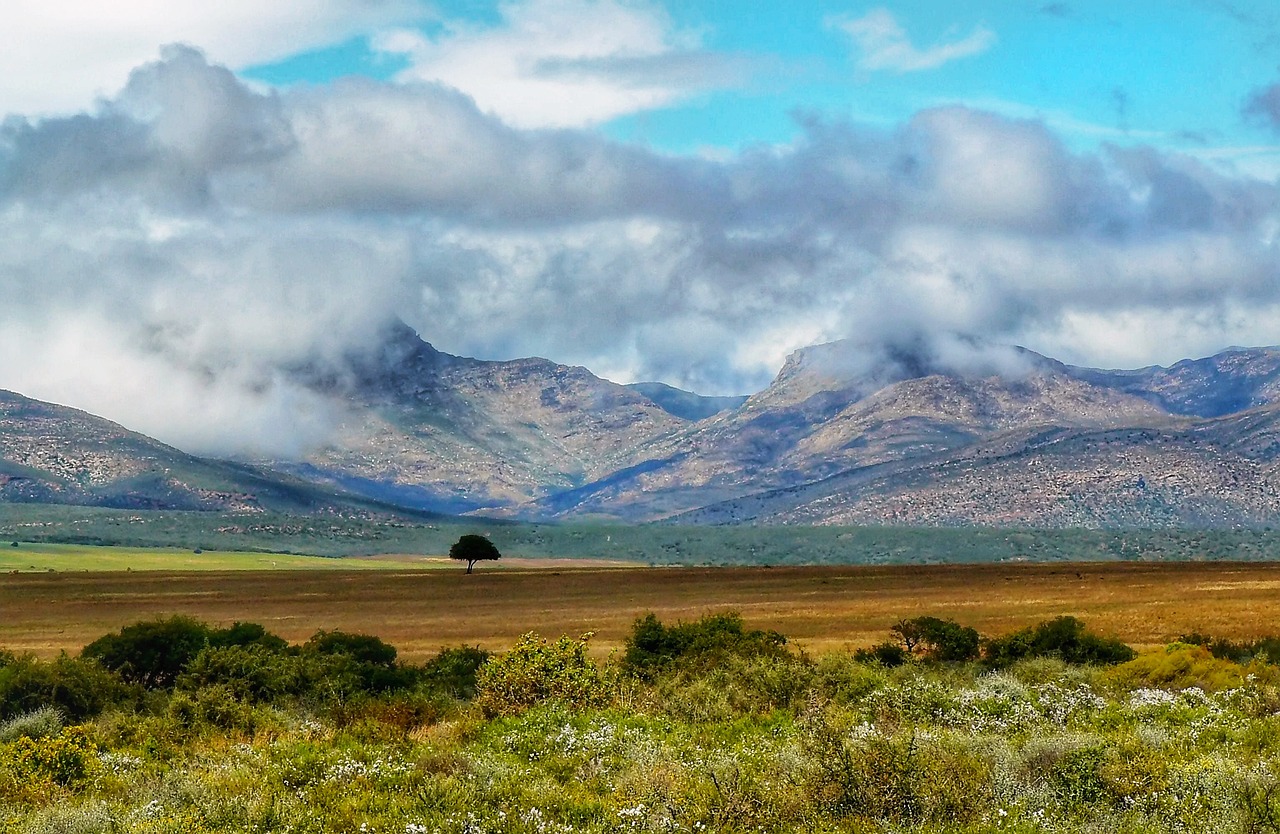Visa and Stay Regulations for Digital Nomads in South Africa
South Africa is a vibrant and diverse country that offers a unique experience for digital nomads. If you’re planning to work and live in South Africa as a digital nomad, it’s essential to understand the visa and stay regulations to ensure a smooth and legal stay in the country. This article will provide you with detailed information about the visa options available for digital nomads in South Africa and the regulations you need to comply with.
South Africa Image 1:

Section 1: Tourist Visa
To enter South Africa as a digital nomad, you can start by obtaining a tourist visa. The tourist visa allows you to stay in the country for a maximum of 90 days. This visa is suitable for short-term stays and does not permit any form of employment or business activities. It’s important to note that overstaying your tourist visa can result in penalties and difficulties in future visits to South Africa.
- Validity: The tourist visa is typically valid for up to 90 days from the date of entry.
- Extension: It is not possible to extend a tourist visa beyond the initial 90-day period.
- Multiple Entries: The tourist visa allows for multiple entries within the 90-day period.
- Employment Restrictions: Working or conducting business activities is strictly prohibited on a tourist visa.
Section 2: Temporary Residence Visa
If you plan to stay in South Africa for an extended period as a digital nomad, you may consider applying for a Temporary Residence Visa. This visa allows you to live and work in South Africa legally for a specific duration. There are different categories of Temporary Residence Visas, and the most relevant for digital nomads is the Business Visa.
- Business Visa: The Business Visa is suitable for digital nomads who wish to establish or invest in a business in South Africa.
- Requirements: To qualify for a Business Visa, you need to meet specific requirements, such as proving your financial means, submitting a business plan, and complying with specific investment thresholds.
- Duration: The Business Visa is typically issued for a maximum period of 5 years.
- Renewal: You can renew your Business Visa before it expires if you continue to meet the eligibility criteria.
- Working Rights: With a Business Visa, you are allowed to work and conduct business activities within the scope of your approved business plan.
South Africa Image 2:

Section 3: Permanent Residence
If you plan to make South Africa your long-term base as a digital nomad, you may consider applying for Permanent Residence. Permanent Residence allows you to stay and work in South Africa indefinitely. There are different categories of Permanent Residence permits, and the most relevant for digital nomads is the Critical Skills Visa.
- Critical Skills Visa: The Critical Skills Visa is suitable for digital nomads who possess skills that are in demand in South Africa.
- Skills List: The South African government has a list of critical skills that are considered valuable to the country’s economy. If your skills fall under this list, you may be eligible for a Critical Skills Visa.
- Requirements: To qualify for a Critical Skills Visa, you need to provide evidence of your qualifications, work experience, and skills assessment.
- Validity: The Critical Skills Visa is typically issued for a period of 5 years, after which you can apply for permanent residence.
- Working Rights: With a Critical Skills Visa, you have the right to work in South Africa within your field of expertise.
Section 4: Visa Application Process
Applying for a visa to South Africa can be a complex process, and it’s essential to follow the correct procedures to avoid any delays or rejections. Here is a general overview of the visa application process for digital nomads:
- Research: Start by researching the visa requirements and options available for digital nomads in South Africa.
- Documentation: Gather all the required documents, which may include a valid passport, proof of accommodation, financial statements, and supporting letters.
- Application: Submit your visa application at the South African embassy or consulate in your home country or the country of your current residence.
- Processing Time: The processing time for visa applications can vary, so it’s advisable to apply well in advance of your intended travel dates.
- Interview: Depending on the type of visa you’re applying for, you may be required to attend an interview at the embassy or consulate.
- Decision: Once your application is processed, you will receive a decision on whether your visa has been approved or denied.
South Africa Image 3:

Section 5: Compliance with Stay Regulations
As a digital nomad in South Africa, it’s essential to comply with the stay regulations to avoid any legal issues. Here are some key points to keep in mind:
- Visa Validity: Ensure that your visa remains valid throughout your stay in South Africa. If your visa is about to expire, consider applying for an extension or a different visa category.
- Overstaying: Overstaying your visa can result in penalties, deportation, and difficulties in future visits to South Africa. Always keep track of your visa expiration date.
- Employment: If you’re working remotely for a foreign company while in South Africa, ensure that your employment is in compliance with South African laws and regulations.
- Tax Obligations: Understand your tax obligations in South Africa and consult with a tax professional to ensure compliance.
- Registration: Some visa categories may require you to register with the South African authorities upon arrival. Familiarize yourself with the specific requirements of your visa category.
Section 6: Cost of Living
South Africa offers a relatively affordable cost of living compared to many other countries, making it an attractive destination for digital nomads. Here are some estimated costs of living in South Africa:
- Accommodation: The cost of accommodation varies depending on the location and type of property. On average, renting a one-bedroom apartment in a city center can cost around $500 to $800 per month.
- Transportation: Public transportation in South Africa is affordable, with a one-way ticket costing around $1. Taxis and rideshare services are also available at reasonable rates.
- Food: Eating out in South Africa can be relatively inexpensive, with a meal at an inexpensive restaurant costing around $5 to $10. Grocery shopping can also be budget-friendly.
- Leisure Activities: South Africa offers a wide range of affordable leisure activities, such as visiting museums, exploring national parks, and enjoying outdoor adventures.
Section 7: Healthcare and Safety
South Africa has a well-developed healthcare system, with both public and private healthcare facilities available. It’s advisable to have comprehensive health insurance that covers medical emergencies and routine healthcare. Additionally, it’s essential to take safety precautions while in South Africa, such as being aware of your surroundings, avoiding high-crime areas, and following local advice and guidelines.
Section 8: Internet and Digital Infrastructure
As a digital nomad, reliable internet access is crucial. South Africa has a well-established digital infrastructure, with internet connectivity available in most urban areas. However, internet speeds and reliability can vary depending on your location. It’s recommended to check the internet connectivity and speeds before choosing your accommodation or workspace.
Section 9: Co-Working Spaces and Digital Nomad Communities
South Africa has a growing community of digital nomads, and several co-working spaces cater to their needs. These spaces provide a productive work environment, networking opportunities, and a sense of community. Some popular co-working spaces in South Africa include Workshop 17, The Bureaux, and Inner City Ideas Cartel.
Section 10: Exploring South Africa
While working as a digital nomad in South Africa, take the opportunity to explore the country’s diverse landscapes, vibrant cities, and rich cultural heritage. South Africa offers a wide range of attractions, including stunning national parks, beautiful beaches, wine regions, and historical sites. Popular destinations include Cape Town, Johannesburg, Kruger National Park, the Garden Route, and the Drakensberg Mountains.
Section 11: Conclusion
South Africa provides an exciting and welcoming environment for digital nomads. By understanding the visa and stay regulations, complying with the requirements, and embracing the country’s unique opportunities, you can enjoy a fulfilling and productive experience as a digital nomad in South Africa.
Section 12: References
– saimm.co.za
– southafrica.net
– home-affairs.gov.za
– sars.gov.za
– healthcare.gov.za


